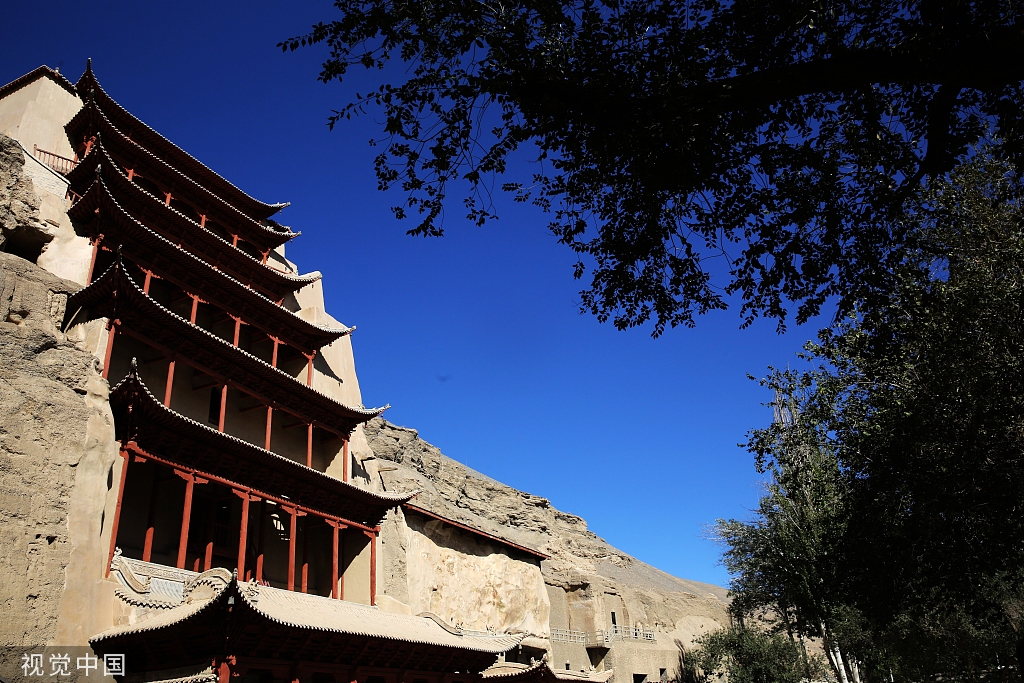Book to boost ties between Mogao Grottoes, Angkor Wat


"The exchanges between the two sites serve as a prelude to such dialogues themed on UNESCO World Heritage, which will boost the mutual trust and cooperation between China and other countries," Lu Dongming, president of Zhejiang University Press, told China Daily website during an interview.
"Despite the far geographical distance, the two places are both a significant part of the Belt and Road and vivid examples of world cultural heritage and human civilization," said Wu.
Located in a desert in Northwest China, the Mogao Grottoes represent one of the largest, best-preserved and richest treasure houses of Buddhist art in the world. The Mogao caves were designated as a World Heritage Site by UNESCO in 1987 due to their cultural significance.
Sitting in a tropical jungle of Cambodia, Angkor Wat is the largest religious monument in the world. Built by the Khmer King Suryavarman II in the early 12th century, Angkor Wat, added to the World Heritage List in 1992, is a popular destination for Chinese tourists.































